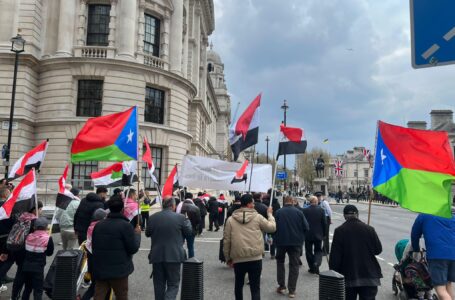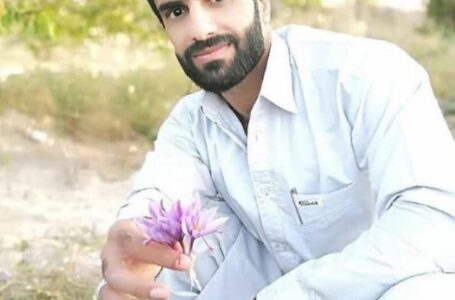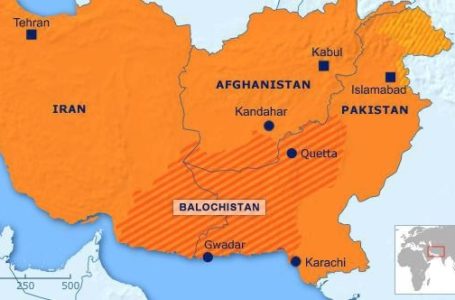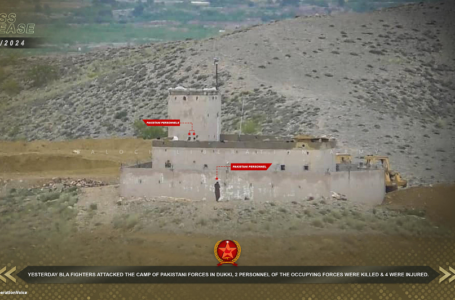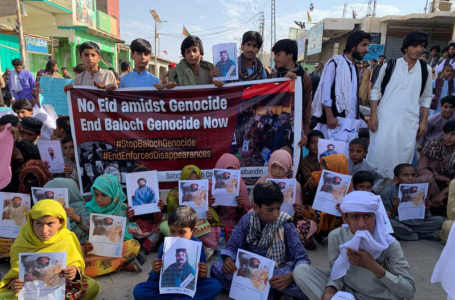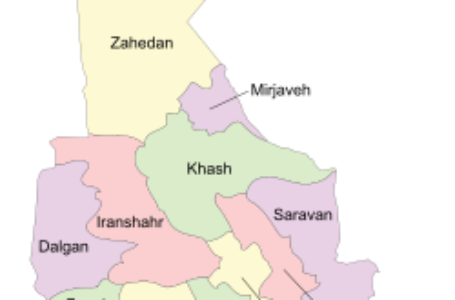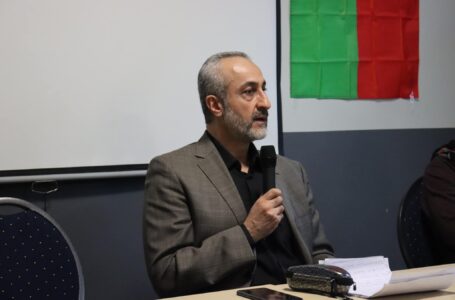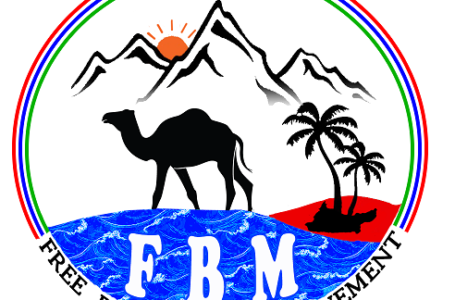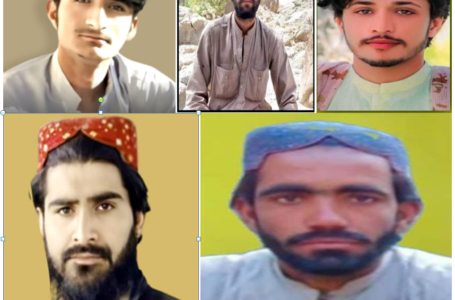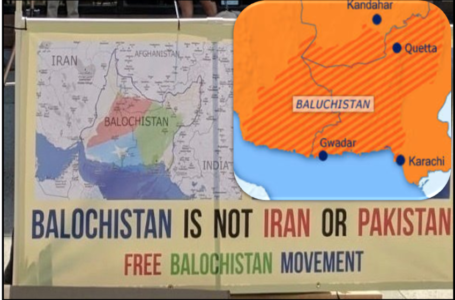Balochistan: Two Personnel of Pakistani Forces Killed in Dukki Attack
The Baloch Culture

By Aaliyah Shah
All independent nations have their own culture. Culture is made up of traditions, beliefs and way of living which gives the meaning of leading the lives. The culture plays a vital role has tremendous benefits as the development of new generations rely on culture. We can find two types of cultural, material and non-material culture means that’s related to soul or feelings.
NON-MATERIAL CULTURE
The culture of the soul mate or related to the soul, heart and feelings, if there is humanity, love, friendship, community, respect, care, emotions. (Mayar Jhalli) follower of truth, (Mehman Daari) hospitality and forgiving are qualities that describe the Baloch. These characteristics prove that Baloch culture is surviving. Speaking the truth, Baloch culture is vast that one cannot describe it in a short article.
There is a dire need to do academic researches and write many books to fully and accurately introduce the Baloch culture. Since the Baloch nation is fighting for their survival and national freedom, the cultural work seems to lag behind.
THE MATERIAL CULTURE
In the entire Balochistan, all Baloch wear Balochi clothes consist of turban, Thrakul Bazbani (shoes made of palm leaves). Also, beard (Challa Reesh or folded beard in some regions of Balochistan) and moustache have been the symbol of Baloch culture. Similarly, the dresses of Baloch females are famous because of the beautiful embroidery and their (Pandul) or pockets, (Sareeg) the Balochi headscarves. These all symbols portray the culture of the Baloch nation which make them distinguished among others.
Some of the classical Baloch heritage epic cultural norms include Bejjari and Naggari, AWACHEKI and ROCHKI.
I want to share some precious and illustrious memories. Baloch are legendary for their one of the most bewitching line that is: “wahe wathan hoshken daar” to express their love for the motherland – Balochistan. The people who are far away from their families and homeland and they miss their country and families, they repeat this old Balochi saying which translates into English saying ‘Home Sweet Home’.
Because, when they go far away visit every nook and cranny but still they feel empty they missed their homeland. Means nothing is better than the motherland.
Absolutely! This act shows that they are the real follower of their culture. Some people live in foreign countries; they are as well as doing the same. Baloch are also extremely illustrious because they are valour. Resisting against injustice and helping the weak is also part of the Baloch culture.
Now let’s go for the remaining version of the culture.
BEJJARI: It is a type of an occasion which occurs at the time of the wedding. Actually, this act is one of the famous ways of helping each other in Baloch society, the preparation of weddings start very early, before the wedding that conveys a message to everyone. All neighbours, relatives and members of the community will chip in to support the person who is getting married, everyone gives something whatever they can.
NAGGARI: It’s also similar to Bejjari but this occasion is slightly different because this happens when someone dies in a family so their neighbours and relatives help those family members. The family of the deceased mourns for 40 days and during this period the aggrieved family doesn’t cook. So, they get support from their neighbours and relatives.
AWACHEK: When someone wants to build a house, the people in society, relatives and neighbours will contribute and help them to build the house. The owner of the house in return treats them with delicious meals and dates freshly plucked from palm trees.
ROCHKI: This is especially for Baloch females who’s are expert in sewing clothes. At the time of Eid festival and on special occasions when they want to finish their dresses early and in quicker, the girls and women make their different groups to sew the dress together one after another. So like this, they do their best and complete the dress before the occasion.
So, Rochki is the gathering of women to complete and finish their dresses before the wedding, EID or other special occasions. These are part of the Baloch culture which shows their support for the community.
I am trying to express these acts of Baloch culture show these helping hands are not because of family, one cast none or religion but these because of our national identity that we’re all Baloch and we support each other.
Therefore we call ourselves Baloch due to our honourable culture which makes us one community and one nation.
So never ever ignore your own culture because nations without such cultural values are like a body without the soul.

